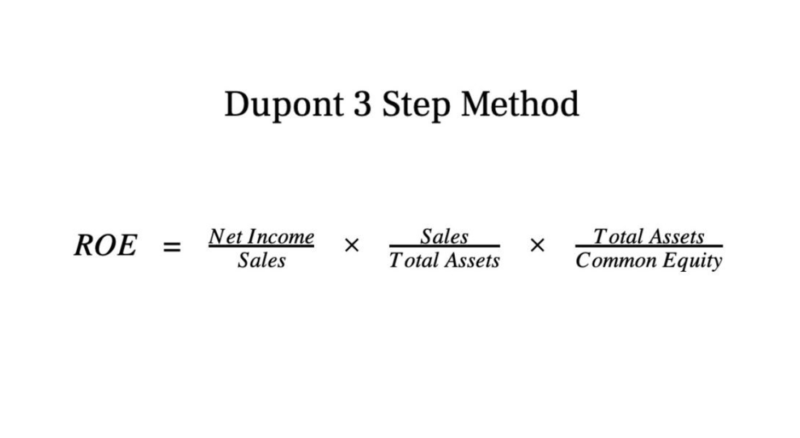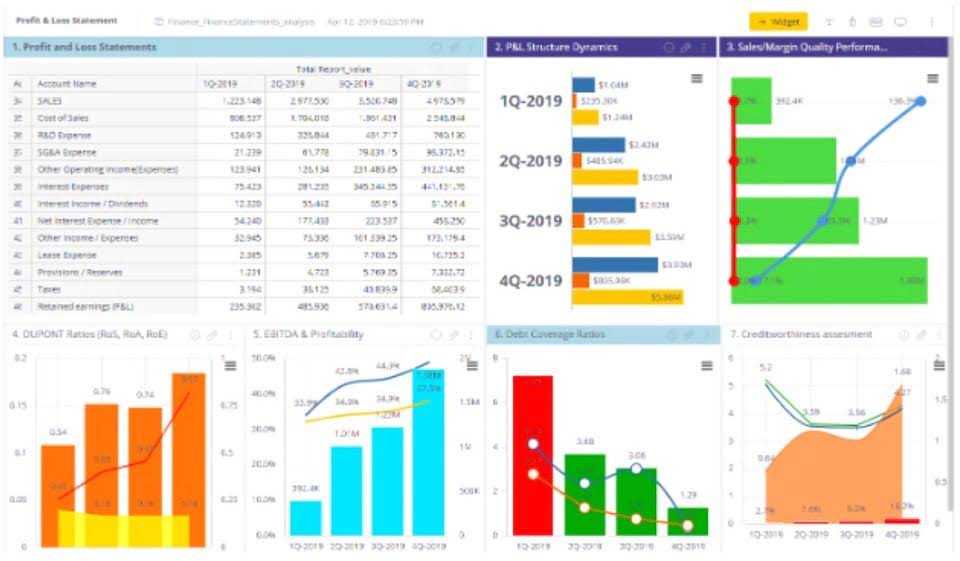
And make sure there’s a process for what happens when someone is out of office. Each phase includes critical considerations—feature requirements, potential challenges, performance metrics, and practical tools to guide the process. Following this structure helps minimize disruption and maximize the impact of automation. Read on to learn more about the potential impact of widespread AI implementation from 2,355 senior business executives. Companies benefit from AI technology in several ways, such as boosting productivity and reducing costs.
- Integrating your invoicing system with tax calculation tools can help ensure that your invoices are accurate and comply with local tax laws and regulations.
- Automated invoice systems can cross-check invoice data with other internal systems and external data sources.
- Botkeeper is built for finance teams and accounting firms that need to get more done without hiring more people.
- A labeling task means that the labeler will be able to adjust and modify before it goes to a reviewer, and your reviewer will be able to just reject or accept the labels.
- On top of all this, extra time is needed for entering data, filing, processing payments, and coding into accounting software, versus accounting ERP integrations that occur with automated processes.
- All you need are your invoices—whether they’re in your email inbox or saved as files—and you’re ready to go.
Accounts Payable

Get a free demo with our experts and get to know how Kudra can reshape your business. If you need specific data, then simply list the fields that you retained earnings want to extract and the AI parser will understand. DQuest.AI will read the email inbox and analyze the input as well as the attachments. The data that it prepares will be pushed to the API that you have configured in the process.

Fully automated invoice processing
- Timely payments are critical to maintaining strong supplier relationships.
- It extracts key information, validates it against your records, codes expenses to the right departments, and routes invoices through your approval workflow.
- This brings us to our next key benefit of implementing AI in accounting – productivity.
- Just press “record,” perform a task, and Scribe automatically creates a step-by-step guide with annotated screenshots.
- LLMs offer flexibility and easy setup but produce inconsistent results, may hallucinate incorrect information, and lack structured workflows or security compliance for financial data.
- Specifically, it shows you how to automate image‑to‑text extraction, data storage, document archiving, and AI‑driven responses — all while integrating seamlessly with Telegram for easy file submission.
- Additionally, self-learning algorithms allow the AI to improve over time, enhancing accuracy with each processed invoice.
If you rely on traditional OCR, it works only when invoices follow a fixed format. Any change in layout, font, or structure can cause errors, forcing you to manually update templates to keep the system accurate. If you use traditional invoice automation, you depend on fixed rules that work well ai invoice processing for predictable tasks but fail when something unexpected happens. For example, if an invoice exceeds a set amount, it gets routed for approval, but any slight deviation often requires you to step in and make manual adjustments.
How to Manage Your Accounts Payable Process Successfully
Automating invoice processing allows you to handle large volumes of invoices quickly and accurately. By cutting down on manual work, you reduce labor costs and streamline your workflow, freeing up your team to focus on higher-value tasks. Tipalti begins supplier invoice processing with AI-driven optical character recognition (OCR) for invoices. It uses machine learning to improve accuracy in capturing invoice data. For invoice processing, Tipalti AP automation software applies over 26,000 payment rules to detect discrepancies before your company can make global payments.

Invoice Data Validation

Yes, AI can detect errors and fraud in invoices by identifying duplicate payments, mismatched amounts, and suspicious transactions. It cross-checks invoice details against historical data, purchase orders, and financial records to flag inconsistencies. Machine learning improves fraud detection over time, helping businesses prevent https://eeglyon.org/index.php/2021/11/10/bookkeeper-vs-cpa-understanding-the-differences/ unauthorized payments and maintain accurate financial records with minimal manual oversight.














